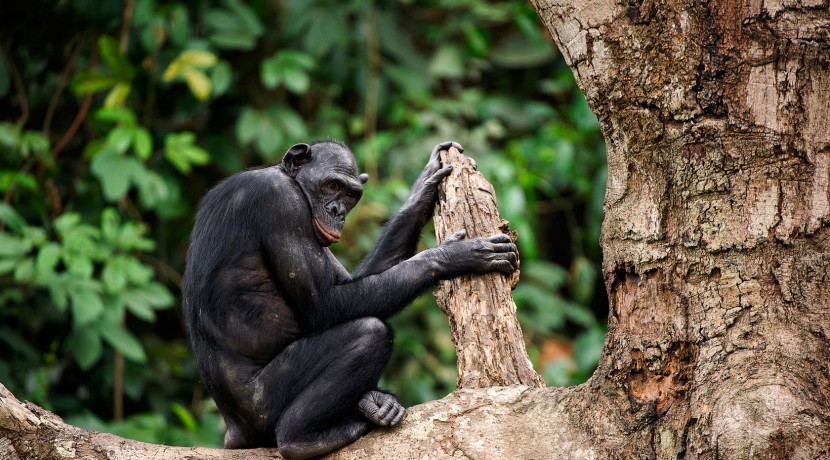Greater than Ourselves: How Bonobos in Des Moines and a Medical Clinic in Uganda Are Saving Lives
John Shelby Spong, retired bishop of the Episcopal Church from New Jersey, once stated:
I look at the twentieth century, which in many ways was a secular humanist century… in that very century, the emancipation of women occurred, the end of colonial domination of the less developed third world nations was largely ended, the civil rights movement broke the back of segregation, and homosexuals began to overcome the prejudice that has prevented them from achieving full membership and justice in the social order. Each of these is a powerful achievement…. A study of the history of that century… reveals that the majority of the Christian world, expressed through the leadership of institutional Christianity, resisted each of these changes. A study of the history of that century also reveals that… these accomplishments were achieved, by and large, through the work of secular humanist forces.
The vision and leadership of humanists are still making a difference in the world today. Most of these changes in our society started because one humanist saw an unfulfilled need and became passionate to resolve it. They were willing to take on the task and to provide the leadership necessary to make it happen. Each of us truly can make a real difference in the world, and humanists continually prove that it can be done.
My grandson, Braeden Stanley, is a third generation humanist. Braeden entered Drake University in Des Moines, Iowa, as a freshman in the fall of 2011. At the end of his freshman year Braeden and twenty other students signed up for a three-week summer class abroad. This course was conducted by three professors, one of whom was born in the rural community of Kikandwa, Uganda.
Drake students in prior classes had each proposed plans showing what the community might do to improve the quality of their own lives. All of their efforts had been theoretical, most without considering the lack of capacity of the inhabitants and resources to fulfill their plans. The elders of the community identified that their major need was for a medical facility. No one previously had considered that the students could contribute to address that need. There were over 100,000 people in the rural area surrounding Kikandwa. The Ugandan government provided some clinics, but these were subject to corruption, were poorly staffed, and not well maintained. The nearest competent clinic was in a metropolitan area miles away and most people had to travel by foot. For someone ill, it could be a three day trip. Even for those with a bicycle it is over one day’s journey if you were fit enough to ride there.
Braeden was impressed that the people of Kikandwa were very welcoming and friendly. They invited the Drake students into their homes, and shared what little they had with them. Many had not encountered Americans before. One man, the students learned, had taken his pregnant wife to the distant clinic, but because they didn’t have twenty dollars to purchase a delivery kit consisting of gloves and scissors, his wife was refused acceptance by the clinic. They had to deliver their baby boy by the roadside alone. Both his wife and baby died. That was too much for Braeden. He decided that he would build Kikandwa a medical center if it took him the rest of his life.
Once Braeden’s decision was made that he was going to fill this need, other students joined with him. Within the span of three weeks, the students had met with the community leaders, located a site, and developed a plan. They returned to Drake the next fall and Braeden personally took on the responsibility of raising the funds necessary to build the medical center, while other students decided what else would be needed, and how those needs would be resolved. Braeden and several other students returned to Uganda during their January break and found a Ugandan Rotary Club that agreed to supervise construction, they located an architect to draw plans for the medical center and provide a quote for the cost of its construction, and they hired a contractor to build it. Returning for the spring semester, the student group was joined by other Drake classmates who had traveled to Uganda with prior classes. By the end of Braeden’s sophomore year they broke ground and construction of the medical center commenced. Today, as Braeden completes his junior year, the Kikandwa Medical Center is ready to open with a doctor and staff.
It takes many different elements to create a successful medical center. However, when you are focused on a goal you see opportunities that otherwise you may never consider. These people in Uganda wanted a clinic; they simply didn’t know how to get one. Once Braeden provided the leadership and focused on the task to create the possibility, many community members certainly were willing to contribute their efforts to help, even though they lacked the wealth to help fund its construction. It takes a leader with a vision of success to create momentum. Momentum attracts others to also focus on the leaders cause.

